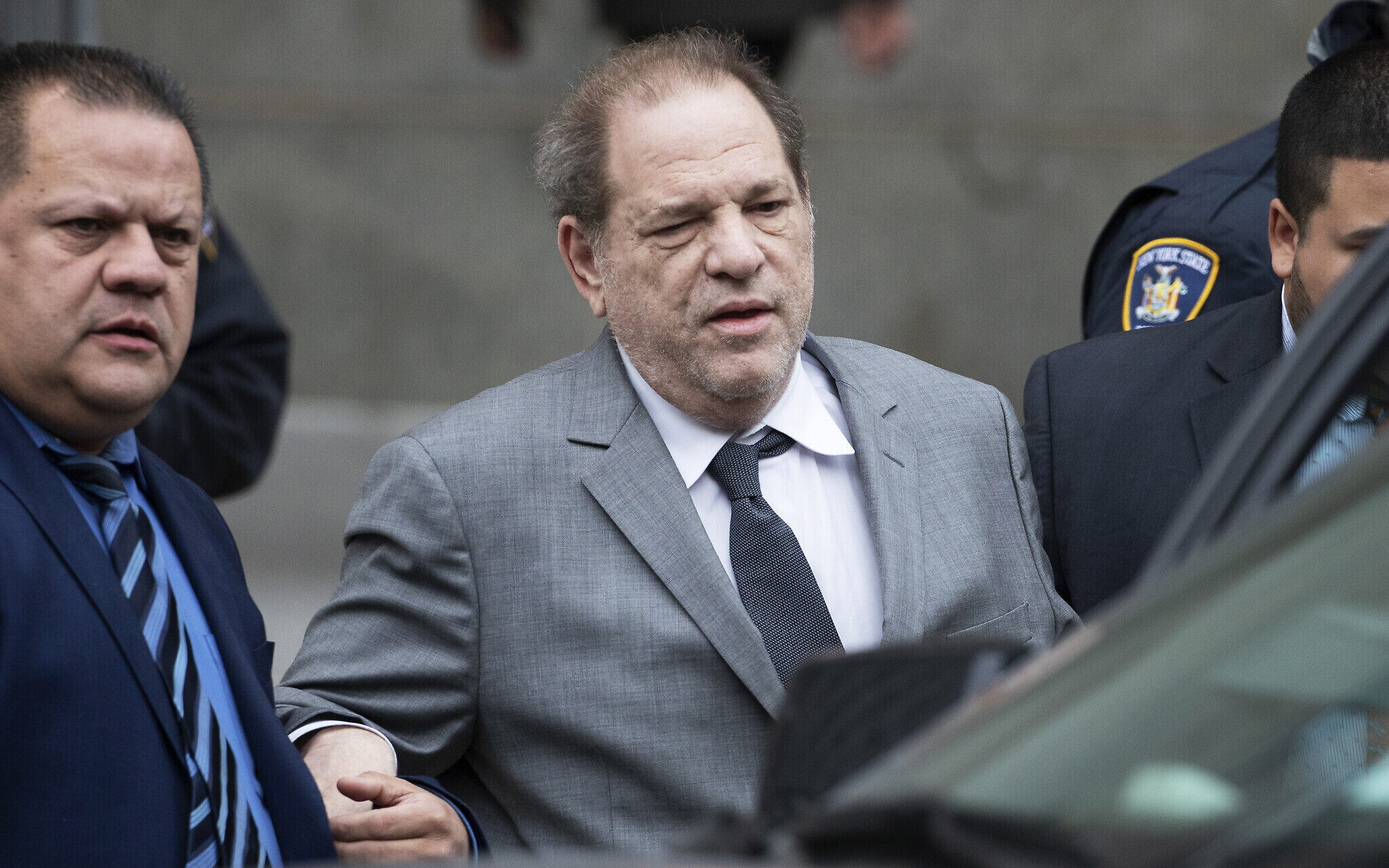Harvey Weinstein. Once one of Hollywood’s most powerful men. Now, a tragic reminder that unchecked potency can be abused, with devastating and far reaching consequences. In 2017, over 90 women came forward, accusing the mogul of crimes ranging from forcing them to massage him, to rape.
The backlash saw Weinstein sacked from the board of his own company, expelled from the Oscars and Baftas and stripped of his Harvard University Dubois medal.
As Tom Hanks commented, “his last name… will be an identifying moniker for a state of being for which there was a before and an after”.
The sheer scale of accusations rocked the very foundations of Hollywood, and left little room for doubt. And yet, as Weinstein’s lawyer in the ongoing trial against him told CBS, “there’s a difference between sins and crimes”. Rotunno suggested that the evidence will exonerate Weinstein of any legal wrongdoing.
The present trial is considering charges from just two women, despite over 90 allegations. Due to statutory time limitations, many accusers have exceeded the time in which it is possible to have their case heard.
The prosecution’s case rests upon two allegations. Miriam Haley accused Mr Weinstein of forcing her to have oral sex with him in 2006. Weinstein is also accused of two counts of rape in 2013, by Jessica Mann.
The prosecution portrayed Weinstein as a “seasoned” sexual predator, giving explicit details of allegations from six women, to show previous bad character. Contextualising assaults within a history of other alleged wrongdoing proved successful in the Cosby case; it is notoriously difficult to secure belief beyond reasonable doubt in cases involving serious sexual assault.
Sopranos actor Annabella Sciorra gave a dramatic account of being raped in 1993 by Weinstein at her own apartment, after he forced his way in. Though this occurred too long ago for Weinstein to be prosecuted for rape, it will contribute towards the predatory sexual assault charge he faces, which has the stiffest sentence, of over ten years.
On the other hand, the defence, led by Donna Ratunno, accused the prosecution of living in an alternative universe where women aren’t responsible for their actions, particularly when they use favours to advance their own careers.
They claim the encounters were consensual, citing a host of emails as evidence that the accusers remained on good terms with Weinstein after the alleged attacks. Both accusers admitted to engaging in sexual relations with the producer after the attacks had occurred.
Yet, as Mann said, “I know the history of my relationship with him. I know it is complicated and different. But it does not change the fact that he raped me”.
This case could be a watershed moment, potentially setting new precedent over what constitutes rape in the US.
For now, the jury continues deliberations. After 5 days of contemplation, it seems they have come to a verdict on three counts, but are deadlocked on the predatory sexual assault charge.
The jury has been focussed on the testimony of Annabella Sciorra and requested to reread her account on Thursday. This is of little surprise considering she was the first to take the stand, approximately a month ago. They had paid particular interest in emails Weinstein sent regarding Sciorra, including to a private Israeli spy agency which he allegedly enlisted to help smear potential accusers.
It is now a day later and the jury have reached their verdict. Harvey Weinstein has been found guilty of a criminal sexual act and rape. He has been acquitted of predatory sexual assault.
Photo Credit: The Times of Israel

